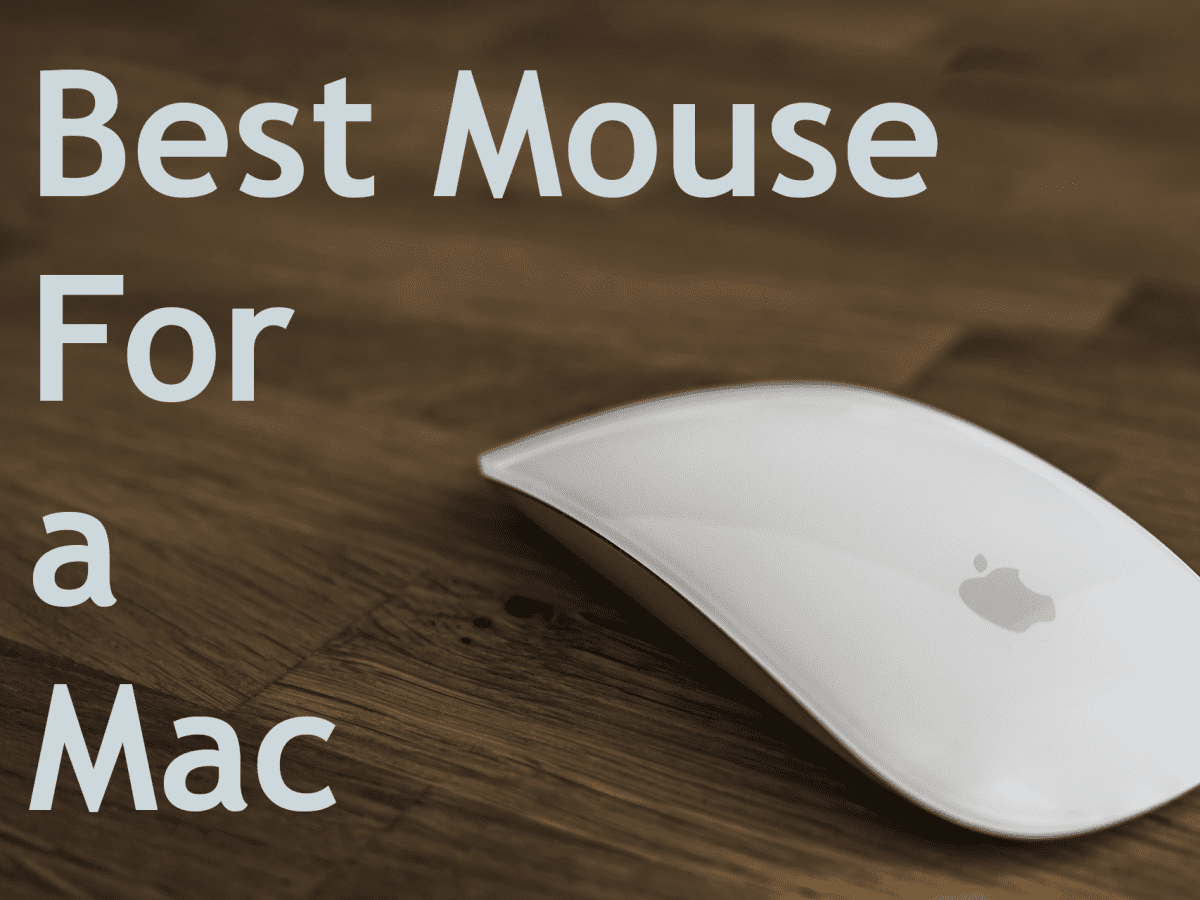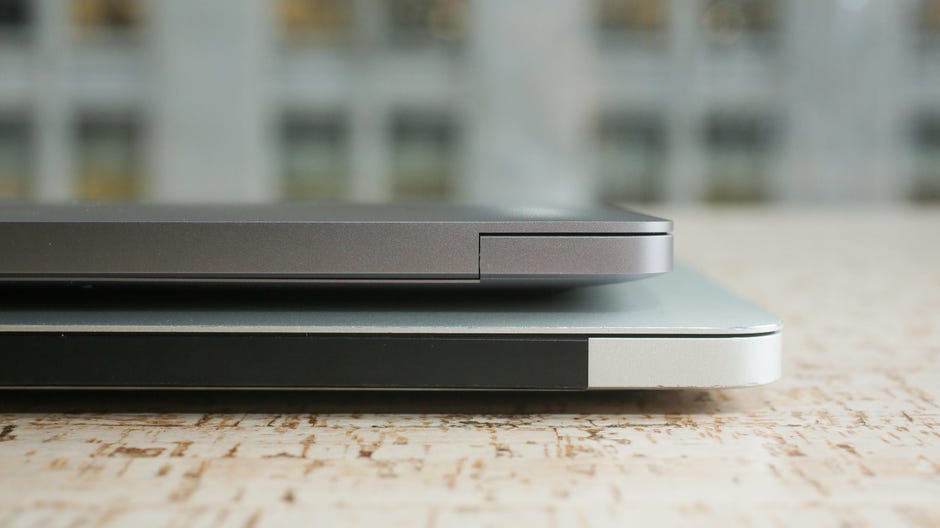
- #Which is better for editing mac air or mac pro 1080p
- #Which is better for editing mac air or mac pro pro
- #Which is better for editing mac air or mac pro Pc
And most impressive of all was that unplugging the M1 didn't dramatically slow down the render.
#Which is better for editing mac air or mac pro 1080p
When rendering out a 1080p source upscaled to 8K in Resolve, I got 3-4fps on the old system and 12.5fps on the M1.Ĭopying 90GB of files took 2:08 on the old system, 2:06 on the M1. Of course, a new machine will be faster, but the old machine is only from a few months ago and has twice the system RAM.
#Which is better for editing mac air or mac pro pro
I set the new 13" MacBook Pro with 16GB of unified memory next to the May 2020 13" MacBook Pro with 32GB of memory, and in every test, the M1 was faster.
I fired up DaVinci Resolve and Premiere and was immediately impressed. What matters to filmmakers is how fast will the render be compared to the Intel chips and who smoothly will our work be.Ĭan you tell these machines apart? Physically they are nearly identical, but inside they are worlds different. If the CPU is super fast but its connection to drives is slow, work in Resolve or Final Cut will be slow. What matters is how the whole system works together. However, benchmarks can show you one thing, and real-world tests are another matter altogether. In addition to Barefeets, you should also check in with Dork in A Tent, a popular DIT blog, who has been testing the new M1 based Mac Mini, and it's undeniably fast in pure testing. Those numbers are insanely impressive in terms of how fast the new M1 Apple Silicon chips are running versus Intel, especially since the programs they tested, like Lightroom, are not optimized for Apple Silicon, and thus, run through an emulation layer. If you don't already follow Barefeets, they are among the best, and they have already launched some pure numbers on the M1 versus Intel that are worth a look. There are a lot of very sophisticated people doing tests to generate raw benchmarks out in the world. This way, when more processing moves over to the GPU for something like rendering, there will be more unified memory available that was previously usually available as dedicated VRAM. With the M1, both the CPU and the GPU are able to use the same shared memory, called unified memory. Gone are the days when you would hunt for systems with the RAM and video ram (or VRAM) when shopping for a video editing and color grading machine. It's also important to understand that the new design is built around an SoC (System on a Chip), which more tightly integrates components than the previous system.

ARM should make that easier to do, while the machine will also stay cooler. We always want to plug into wall power, but sometimes we need to do an edit on an airplane, train, or out in the middle of nowhere. This is one of the keys to why the M1 is interesting for filmmakers. This meant that filmmakers showing up to set with a 16" MacBook Pro were immediately hunting to plug in and get the most their computer can deliver.ĪRM-based Apple Silicon should be able to deliver more of its horsepower while running on battery, and that battery should last longer. Most filmmakers know that an Intel Apple laptop throttles power significantly when you're unplugged from the wall outlet. It will have some obvious benefits for filmmakers as our favorite iOS apps can now run on macOS.īut that isn't the only reason Apple made the switch.ĪRM systems are designed to do more while consuming less power. This will make it easier for developers to have an app run on an iPhone, iPad, or Mac, for instance. The new system is called Apple Silicon, and it's built on the ARM architecture, which is what is used in iOS.

This made for some real advances for Apple in the marketplace, plus, it was great for developers.

#Which is better for editing mac air or mac pro Pc
This was great since it made it easy to move applications back and forth between PC and Mac, which was harder on previous generations which used the PowerPC architecture Apple used the 14 years before that. We got our hands on a 13" MacBook Pro with the new M1 chip to see if it's something filmmakers should consider, or if it's better to hold off.īefore we dig into the particulars, we should spend some time going over what makes these Mac different from previous versions.įor the last 14 years, Apple has built their computers around Intel architecture. The new chip is found in the Mac Mini, MacBook Pro, and MacBook Air, which are already shipping. The trillion-dollar tech company has moved on from Intel and switched over to its own Apple Silicon, built on ARM architecture. Apple has, yet again, made a major change in computer hardware.


 0 kommentar(er)
0 kommentar(er)
